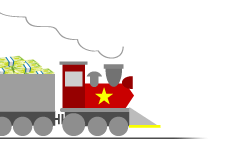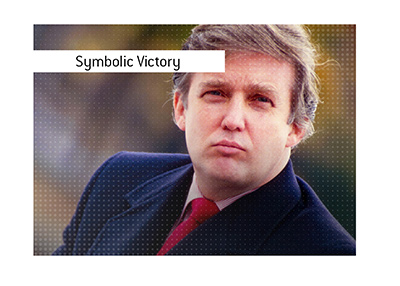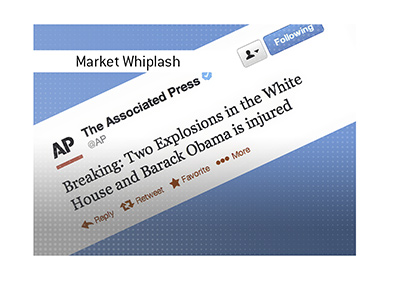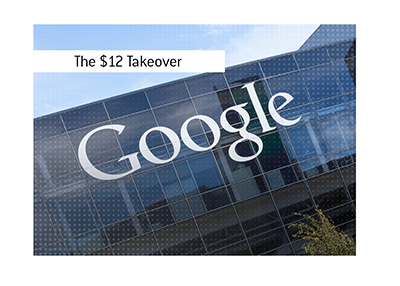What Does the Term "New Normal" Mean?
 You may have heard the term "New Normal" recently used on the nightly news, on the radio or on a website that you frequently visit.
You may have heard the term "New Normal" recently used on the nightly news, on the radio or on a website that you frequently visit. The term was coined by Mohamed El-Erian, who is the CEO and co-CIO of PIMCO, which is the world's largest bond investor. Seeing as how PIMCO currently has over $1 trillion under management, people tend to listen when El-Erian speaks.
The "new normal" refers to the idea that the global economy has changed dramatically over the past couple of years, and is still in the process of being dramatically reformed.
The "new normal" refers to the idea that the United States, which has been the major driver of economic growth in the world over the past number of decades, will become less and less important as the years pass by.
The "new normal" refers to the idea that countries such as China, Brazil and India will become increasingly important "locomotives of growth" in the years ahead.
The "new normal" refers to the idea that Americans, who have been on a consumer spending binge over the past 50 years or so, are becoming more conservative and saving more of their money.
The "new normal" refers to the idea that the United States may have to get used to the idea of slower economic growth in the years ahead.
The "new normal" refers to the idea that "traditional major players" such as the US and Germany will have less influence on the world stage in the years ahead.
The "new normal" refers to the idea that Americans will borrow less in the years ahead thanks to high debt levels and tougher regulations in the financial services industry.
--
Some economists believe that perpetually high unemployment rates in the United States is the "new normal".
Many economists believe that the suddenly spendthrift ways of the average US citizen is the "new normal".
Almost every economist believes that the surging influence of countries such as China and Brazil will continue and is part of the "new normal".
--
For the people who lived through the "Great Depression", life was never the same, even after the economy recovered.
Almost every one of us has a member of our family who lived through the "Great Depression", and their very being was permanently altered by the massive economic downturn that started in 1929. Even as the US economy surged in the years following the end of WWII, these "Great Depression" survivors would wag their fingers and remind everyone who would listen of a time when things were much worse.
They continued to clip coupons. They would never dream of wasting even a morsel of food. They would reuse whatever they could. The list goes on and on.
The same thing is happening to the average American today, but on a lesser scale. Sure, things aren't as rough as they were during the "Great Depression" (mainly due to two-income families and social safety nets), but the last 2 1/2 years have still been rough.
The "new normal" means that the average American will be more cautious with their money. The "new normal" means that the average American will save more and spend less. The "new normal" means that the average American will borrow less and cut way down on their outstanding debt.
The mindset of the average American has been permanently altered over the past 2 1/2 years, whether we like it or not. Even if the economy suddenly starts to surge again, many Americans will not forget the "Great Recession" - the scars will always be there.
--
The term "new normal" means that the world has been permanently altered over the past number of years and will continue to change in the years ahead.
The term "new normal" refers to a re-shuffling of the deck that is currently taking place in the world right now. Certain countries are surging forward while others are stumbling. Citizens of certain countries are suddenly worried about their finances as never before, while citizens of other countries have been finally able to escape the chains of poverty. Certain countries are suddenly realizing just how heavy and disruptive their debt load actually is, while other countries are enjoying enormous increases in influence due to their ability to finance cash-strapped countries.
That's the "new normal".
Filed under: General Knowledge



